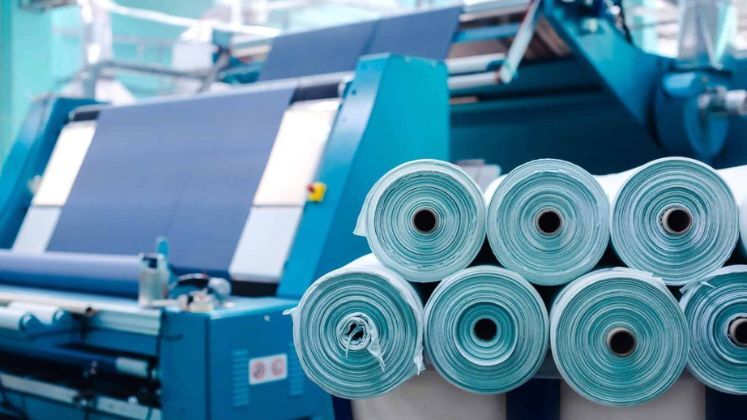
The government is investigating the possibility of imposing a minimum import price (MIP) on specific textile products that have suffered from a surge in imports in recent months and have harmed the indigenous economy. The textile ministry is researching at least six products, the majority of which are imported from China, such as cotton shorts, polyester woven fabric, and viscose rayon yarn.
MIP is a short-term solution to assist raise domestic prices and shield domestic industry against predatory pricing of lower-priced imports. Imports are forbidden by MIP if their prices fall below the set threshold. The items under examination also include pile textiles of man-made fibres (MMF), laminated and coated plastic fabrics, and flax.
Between April and August of this year, imports of flax increased by 78.7 per cent year over year, while imports of viscose rayon yarn increased by 10 per cent. During that time, incoming shipments of polyurethane (PU)-coated textiles increased by 28.8 per cent. According to industry data, 93 per cent of the MMF pile textiles and 99 per cent of the US $ 133.79 million worth of viscose rayon yarn imported in the first five months of FY ’25 originated from China. Between April and August of 2024–2025, India’s trade deficit with China was US $ 40.81 billion.
Belgium and France are India’s main suppliers of flax, whereas China is the country’s largest supplier of plastic and PU-coated fabrics, accounting for 68 per cent and 52 per cent of the market, respectively. With an 81 per cent market share, Bangladesh is the leading supplier of cotton shorts and trouser bib and brace dungarees to India. In an effort to deter incoming shipments of low-quality textiles, the government this month prolonged the MIP of US $ 3.5 per kilogramme on synthetic knitted fabrics until 31st December of this year. Additionally, eight new types of knitted fabrics—such as printed, bleached, unbleached, and crocheted fabrics—were added to the MIP.






